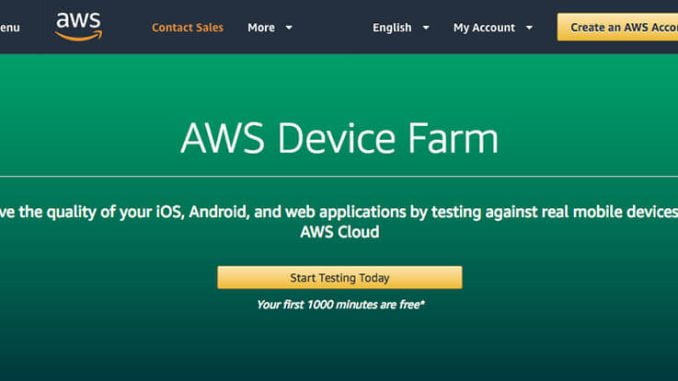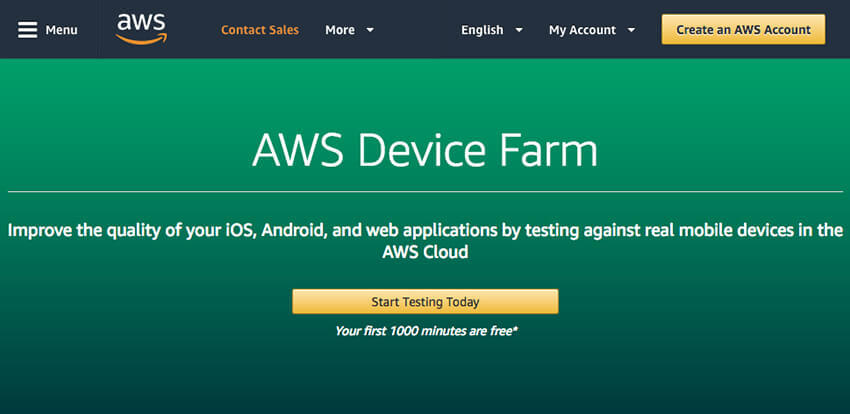
App Builder Appy Pie: Testing mobile apps is both a pain to carry out and a dire necessity when you are planning to release an app that you want to succeed in helping your business. This procedure has become even more of a pain as there is a wide range of OS versions of Android that co-exist and the myriad devices that have a variety of screen sizes, resolutions, capabilities, etc. and for iOS developers the environment is only a little conducive as the range of devices for them is a lot lesser and hence the scope of testing is a lot narrower.
In This Content
What is a Device Cloud?
Simply put, a device cloud is a mobile testing environment that lets developers test out app performance remotely on a variety of smart devices. The device cloud has the ability to offer the organizations access to modern and legacy devices whenever needed so that they do not need to maintain an entire inventory of physical or real devices on their premises.
The device clouds vary in their capabilities with some of them consisting of virtual or emulated devices and quite a few others that offer access to physical devices. There is no way to pronounce one better than the other because emulated device clouds let you test for scalability while offering you to handle multiple simultaneous requests in one go where as the ones with physical device offer the advantage of offering additional insights into the way factors like battery charge would impact the performance of the app.
There is a great range of device emulators available today that can be used for single device manual testing like the Android Virtual Device or AVD that is built into Android Studio, and the third-party option for Android, GenyMotion that has recently gained quite a bit of popularity. However, with these options you cannot carry out automated testing on a variety of devices.
If you want to carry out this kind of testing is made easier with the recent rise of cloud computing phenomenon. This phenomenon allows access to large device clouds or farms that feature hundreds or may be up to even thousands of real devices in combination with emulators and simulators. In cloud testing, the mobile developers do not have to bother with the impracticalities of bringing around their own devices if they want to carry out testing.
The mobile app cloud devices come in a variety of types and sizes that have a variety of different pricing models, has different target audience, feature sets and use cases. If, however you are not aware of it all, then it can become a little confusing for you, hence Appy Pie has compiled a list of options for you to explore and work through.
#1 AWS Device Farm

This is an amazing device as it comes from one of the leading cloud computing platforms – Amazon Web Services Inc. (AWS)
-
Service Description of the Company
The AWS Device Farm is an app testing service that allows you to test and interact with your Android, iOS, and Web Apps on multiple devices in one go and even reproduce the issues on a device in real time! This device would let you look at videos, screenshots, logs, and performance data to zero in on issues with the app and take care of them before the app is launched.
[“source=appypie”]
